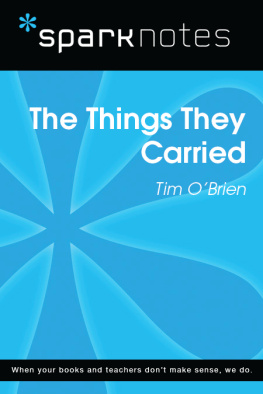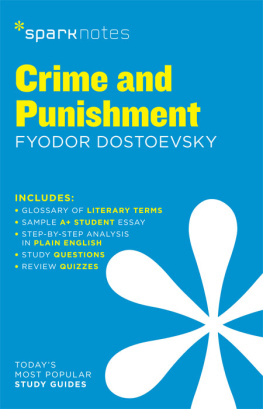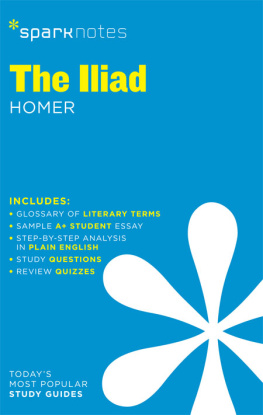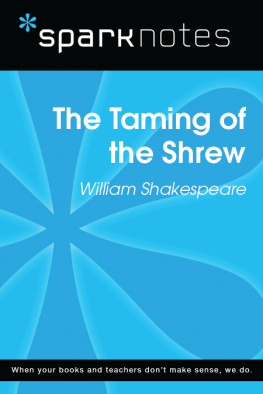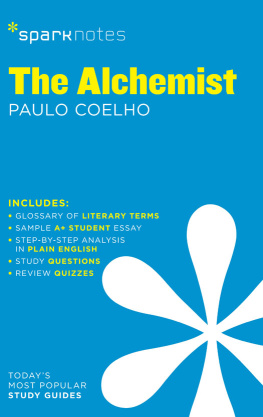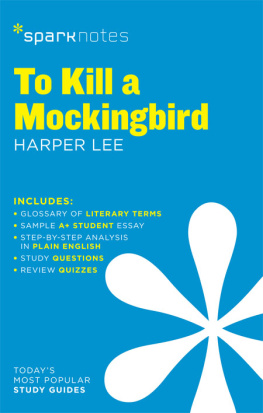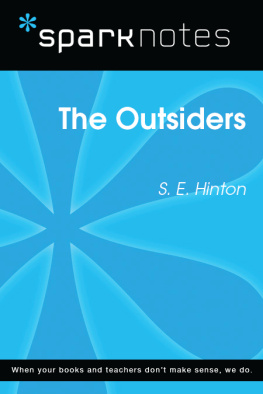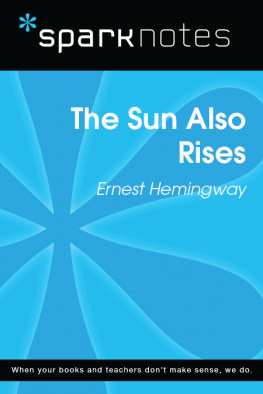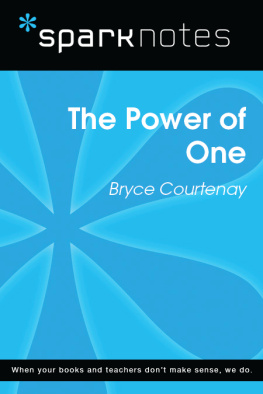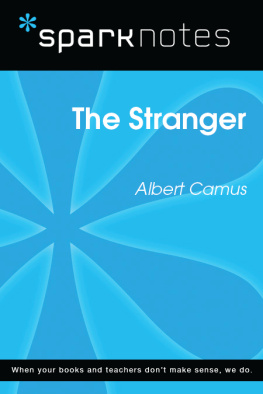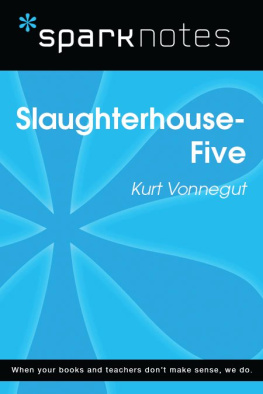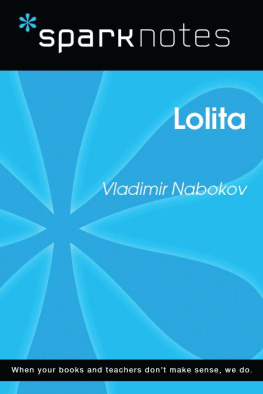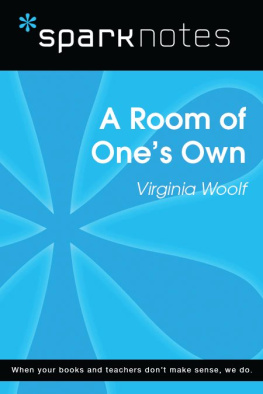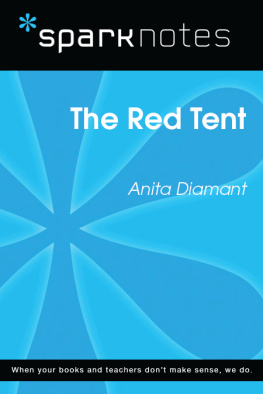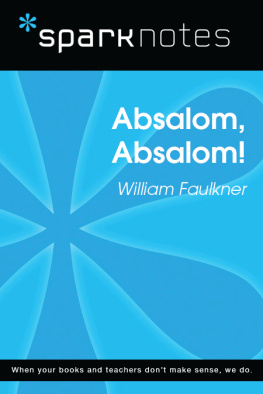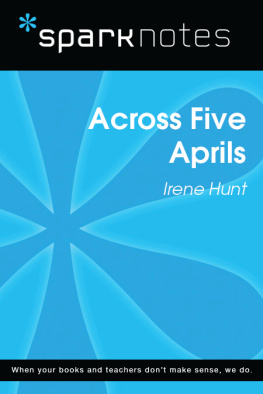The Things They Carried
Tim OBrien
2003, 2007 by Spark Publishing
This Spark Publishing edition 2014 by SparkNotes LLC, an Affiliate of Barnes & Noble
All rights reserved. No part of this publication may be reproduced, stored in a retrieval system, or transmitted in any form or by any means (including electronic, mechanical, photocopying, recording, or otherwise) without prior written permission from the publisher.
Sparknotes is a registered trademark of SparkNotes LLC
Spark Publishing
A Division of Barnes & Noble
120 Fifth Avenue
New York, NY 10011
www.sparknotes.com /
ISBN-13: 978-1-4114-7789-6
Please submit changes or report errors to www.sparknotes.com/.
10 9 8 7 6 5 4 3 2 1
Context
W illiam Timothy OBrien was born on October , 1946 , to an insurance salesman and an elementary school teacher in Austin, Minnesota. He was raised in Worthington, a small town in southern Minnesota that he would later describe as what one would find if one look[ed] in a dictionary under the word boring. As a child, the overweight and introspective OBrien spent his time practicing magic tricks and making pilgrimages to the public library. His fathers New York Times accounts of fighting in Iwo Jima and Okinawa during World War II inspired OBrien to consider a career in writing. When OBrien arrived at Macalester College in St. Paul, Minnesota, he decided to focus his studies on political science. His college years, however, were spent trying to ignore the Vietnam War or railing against ithe attended peace vigils and war protests and aspired to join the State Department. He graduated summa cum laude and Phi Beta Kappa and had already been accepted to a Ph.D. program at Harvard Universitys School of Government when he received his draft notice, two weeks after graduation.
Faced with the prospect of fighting in the war he so actively opposed, the twenty-two-year-old OBrien felt pulled between his convictions, which could be kept intact by escaping across the border to Canada, and the expectations of those in his hometown who, he once said, couldnt spell the word Hanoi if you spotted them three vowels. Though torn, he entered the military for basic training at Fort Lewis, Washington, on August , 1968 . When he arrived in Vietnam in February 1969 , he served in the Fifth Battalion of the th Infantry, th Infantry Brigade, American Division until March 1970 . OBriens area of operations was in the Quang Ngai Province, where he later set The Things They Carried.
OBriens service brought him to the South Vietnamese village of My Lai a year after the infamous massacre of 1968 . He was eventually wounded and returned home with a Purple Heart, a Bronze Star for Valor, and a Combat Infantry Badge. He also had a storehouse of guilt and an endless supply of observations and anecdotes that would later comprise his memoir If I Die in a Combat Zone, Box Me Up and Ship Me Home. This work was published in 1973 as OBrien was abandoning his graduate studies for a career as a national affairs reporter for the Washington Post. That reporting stint lasted a year. In 1975 he published Northern Lights, an account of two brothers in rural Minnesota. Going After Cacciato, which won the National Book Award in 1979 over John Irvings The World According to Garp and John Cheevers Stories, was the account of a platoon forced to chase one of its AWOL soliders. Winning the National Book Award solidified OBriens reputation as a masterful writer concerned with the ambiguities of love and war. Following this success came The Nuclear Age, a novel about a draft-dodger obsessed with the idea of nuclear holocaust, published in 1985 .
After The Nuclear Ages home-front comedy, OBrien returned his attention to the battlefields. He wrote a short story, Speaking of Courage, that was originally meant for inclusion in Going After Cacciato. In 1990 , Speaking of Courage was one of twenty-two stories included in The Things They Carried, a sequence of lyrical and interrelated stories that has been heralded as one of the finest volumes of fiction about the Vietnam War. The work gained attention and wide acclaim not only for its subject matter but also for its honesty and specificity, its discussion of fact and fiction, and its commentary on memory and on the act of storytelling itself. Much of the material in the work has been drawn from OBriens experiences; he felt so close to his stories that he dedicated the work to his charactersJimmy Cross, Norman Bowker, Rat Kiley, Mitchell Sanders, Henry Dobbins, and Kiowa. The most striking elimination of the boundary between fact and fiction is the narrator and protagonists name, Tim OBrien. The main character also has grown up in Worthington, Minnesota, and has attended Macalester College. Like the real OBrien, the fictional OBrien becomes a writer who records many of his Vietnam experiences in stories and novels. Nevertheless, several discrepancies exist between the two men. Unlike his protagonist, for example, the real OBrien never killed a man while at war, and he doesnt have any children.
The Things They Carried was a finalist for both the Pulitzer Prize and the National Book Critics Circle Award, and it earned OBrien comparisons to several eminent fiction writers. Two to whom he is often connected are Stephen Crane and Kurt Vonnegut. Cranes The Red Badge of Courage, published in 1895 , follows a Union regiment during the Civil War and specifically concerns a recruit who, like the protagonist in The Things They Carried, struggles with his fear of cowardice and the red sickness of battle. Vonneguts 1969 novel Slaughterhouse-Five is about a World War II draftee who is taken as a prisoner-of-war during the Battle of the Bulge. Like Vonnegut, OBrien inserts himself into his storiesin order to anchor his narratives to a larger world, but also because he is unable to escape the often terrifying memories of his war experience.
Plot Overview
T he protagonist, who is named Tim OBrien, begins by describing an event that occurred in the middle of his Vietnam experience. The Things They Carried catalogs the variety of things his fellow soldiers in the Alpha Company brought on their missions. Several of these things are intangible, including guilt and fear, while others are specific physical objects, including matches, morphine, M- rifles, and M&Ms candy.
Throughout the collection, the same characters reappear in various stories. The first member of the Alpha Company to die is Ted Lavender, a grunt, or low-ranking soldier, who deals with his anxiety about the war by taking tranquilizers and smoking marijuana. Lavender is shot in the head on his way back from going to the bathroom, and his superior, Lieutenant Jimmy Cross, blames himself for the tragedy. When Lavender is shot, Cross is distracting himself with thoughts of Martha, a college crush. It is revealed in Love that Crosss feelings for Martha, whom he dated once before leaving for Vietnam, were never reciprocated, and that even twenty years after the war, his guilt over Lavenders death remains.
In On the Rainy River, the narrator, OBrien, explains the series of events that led him to Vietnam in the first place. He receives his draft notice in June of 1968 , and his feelings of confusion drive him north to the Canadian border, which he contemplates crossing so that he will not be forced to fight in a war in which he doesnt believe. Sitting in a rowboat with the proprietor of the Tip Top Lodge, where he stays, OBrien decides that his guilt about avoiding the war and fear of disappointing his family are more important than his political convictions. He soon leaves, going first back home to Worthington, Minnesota and later to Vietnam.

